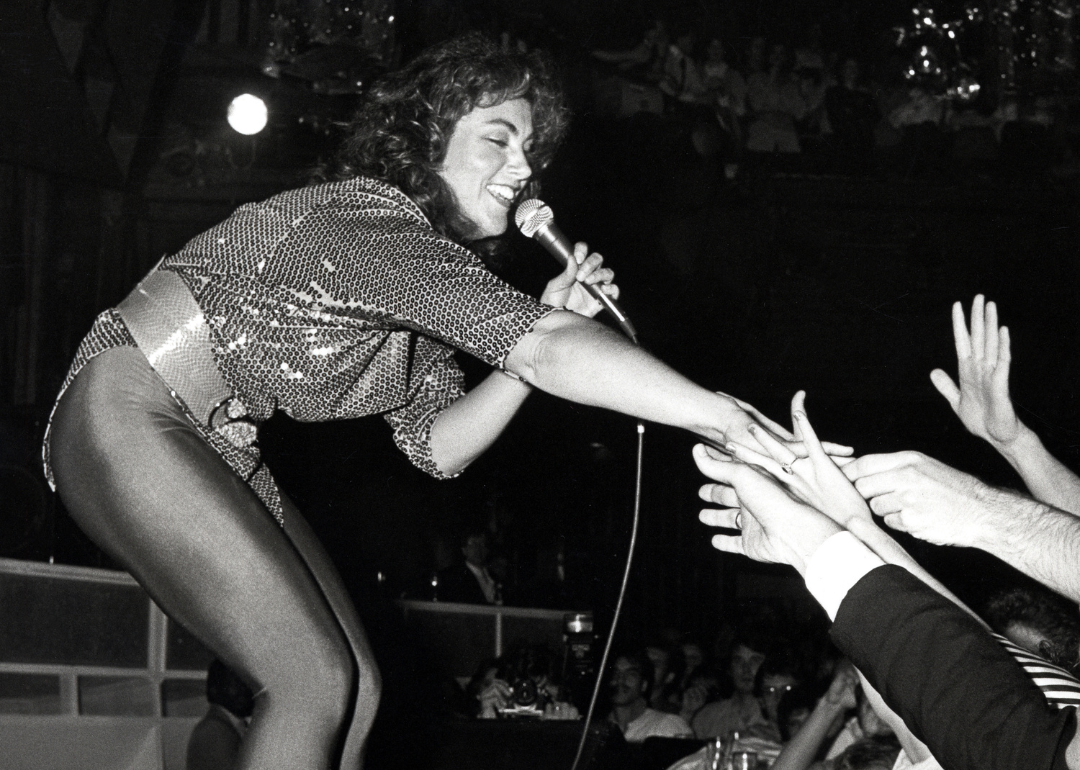
This story originally appeared on Giggster and was produced and distributed in partnership with Stacker Studio.
Famous party venues from Atlanta history
For years, Atlanta has been ranked one of the United States' biggest party cities. Be it a backyard barbeque or black-tie affair, folks in the Big Peach know how to throw down and have a good time. Each year, music and film festivals draw in thousands of revelers ready to drink, dance their cares away, and forget about ordinary life—even if only for the night.
But the city's reputation as a nightlife hotspot extends beyond the "top city" lists and large events of today; its rich history is filled with nights of festivity across various music genres, cultures, and neighborhoods. To prove it, Giggster explored Atlanta's most storied venues—and the parties that made them famous—dug into that history, and spotlighted five of A-Town's most iconic party locales of decades past.
Among the bashes include jazz-fueled nights in the '30s at the Top Hat Club, where renowned jazzers would regularly grace the stage, to hip-hop socials in the '00s held at P. Diddy's restaurant Justin's, where sleepless mini-concerts were just as popular as its Caribbean cuisine. Read on to learn about the fun-filled parties, establishments, and memories that defined the nightlife scene in one of the biggest cities in the South.
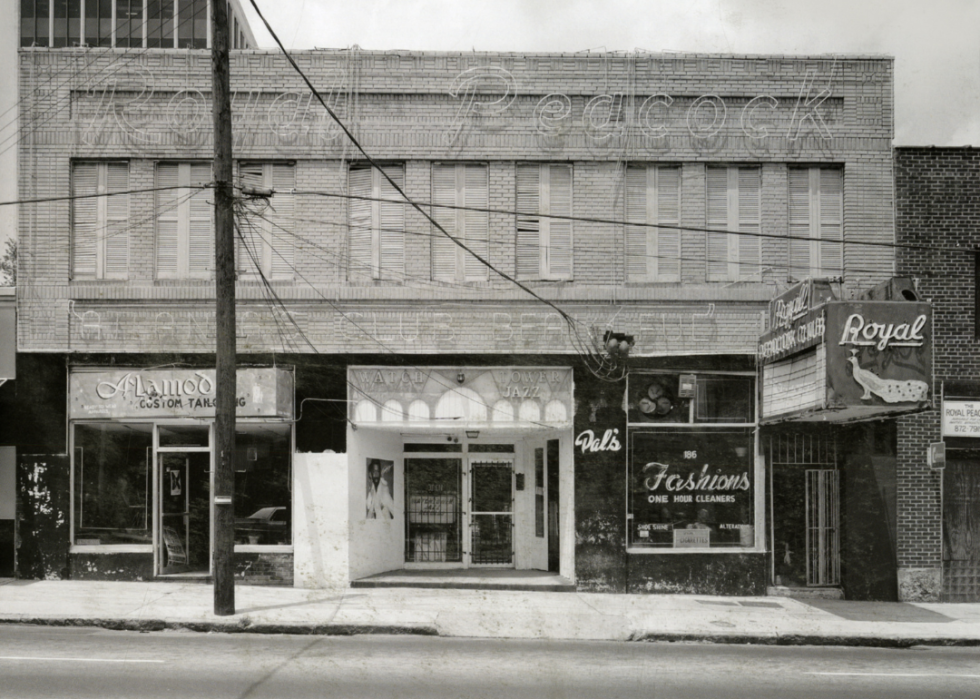
Top Hat Club
First opened in 1937, the Top Hat Club was a hotspot for Black Atlantans throughout the '30s and '40s. The high-end club was packed to the brim every night with young couples looking to dance the hours away while sipping drinks and rubbing elbows with the who's who of music and culture. In 1949, a circus performer named Carrie Cunningham bought the Top Hat Club and changed its name to the Royal Peacock.
Jazz greats like Cab Calloway and Louis Armstrong frequently played sets here, alternating nights with soul superstars like Aretha Franklin, James Brown, and Ray Charles, who would eventually hand off the stage to Motown icons like Marvin Gaye and rock pioneers like Little Richard. Off-stage, famous faces like Muhammad Ali and Martin Luther King Jr. were known to stop in for a drink or two, drawn by the convivial atmosphere and prime location (the club was located in Atlanta's wealthiest Black neighborhood).
The Royal Peacock still exists today, though it now hosts only reggae acts.
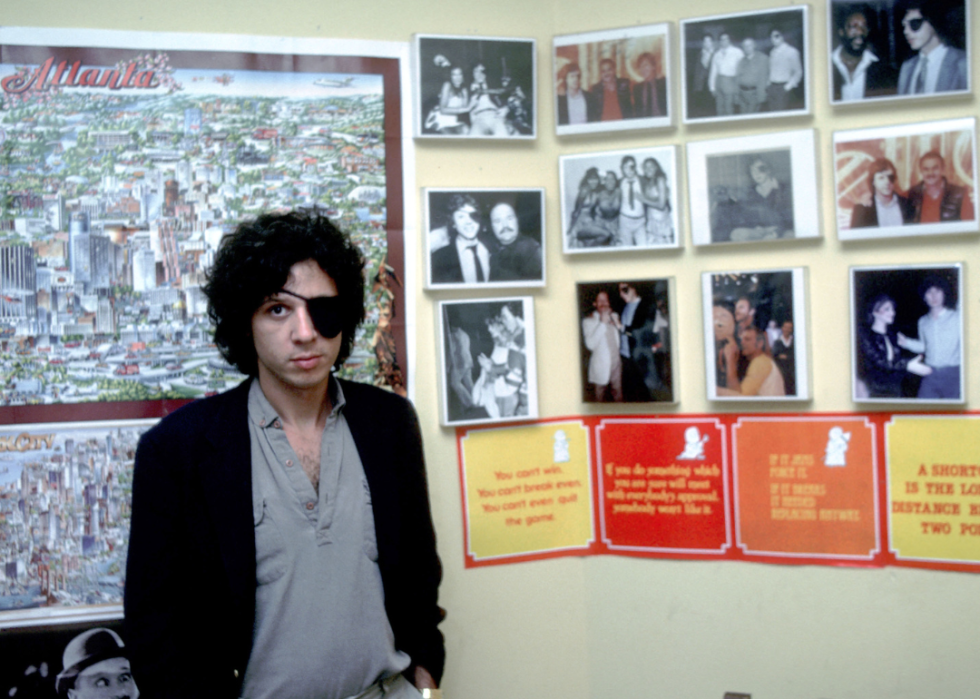
Limelight
Dubbed the "Studio 54 of the South," Limelight Atlanta was where everyone who was anyone partied through much of the '80s. The disco club opened its doors in February 1980, and during its seven years of operation, welcomed Andy Warhol, Tina Turner, Grace Jones, Rod Stewart, Debbie Harry, and Burt Reynolds, among other celebrities. That list is only made more impressive when you consider the fact that the club was located in a strip mall, an unassuming locale for a trendy hotspot. But Peter Gatien, the eye-patch-wearing entrepreneur behind the club, knew how to draw a crowd.
Guests were often met with four-hour-long lines to get inside, an unintelligible dress code that kept even the most well-known guests guessing, and sharks under the glass dance floor. The press coverage of the club as a whole was often overblown, with exaggerated stories and sometimes flat-out made-up ones—no, there was not a black panther living inside the space. But these tall tales worked in Limelight's favor, enticing new patrons to stop by and see for themselves.
The club closed in 1987, but party aficionados can still pop into the Disco Kroger next door for their weekly groceries.
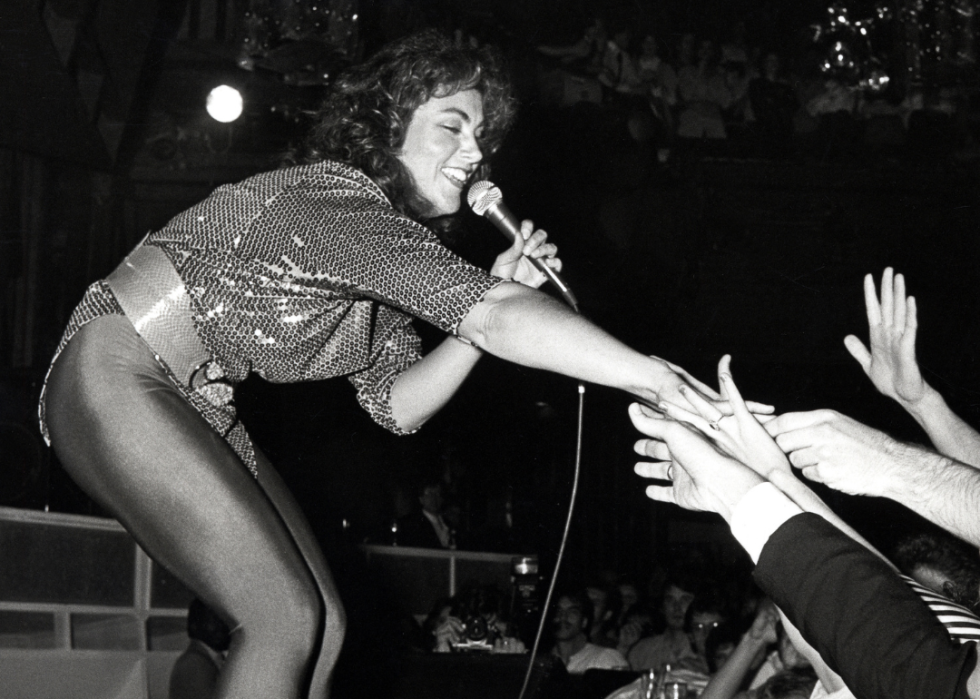
Various venues in Buckhead Village
Beginning in the 1980s, Buckhead Village (one of Atlanta's many neighborhoods) was the most visited nightlife district in the entire city. One developer described the 2 1/2 block area as "Bourbon Street at the entrance to Bel Air," referencing the way well-dressed partygoers moved seamlessly from spot to spot, often giving up if lines were too long and just living it up in the street. By one estimate, the area contained more than 100 bars, clubs, and restaurants at its height, meaning the options for entertainment were practically endless.
Some of the best-known institutions in Buckhead Village included Limelight, Rupert's, Club Chaos, Lulu's Bait Shack, Beesley's of Buckhead, and Club D, though individual spots often came and went fairly quickly. By 2007, much of the land in Buckhead Village had been bought up by folks who wanted to see the neighborhood turned into a more respectable place, or at least a quieter and less dangerous one.
Today, little remains of Buckhead Village's former heyday, though a few stalwart spots, like Tongue & Groove, are still open.

Backstreet
For 30 years, Backstreet was Atlanta's round-the-clock gay disco. Located in Midtown, the venue first opened its doors in 1975, but really peaked in the '90s when it became less exclusive and more inviting to LGBTQIA+ folks of all walks of life. Famous musicians like Sylvester, Gladys Knight, and the Weather Girls would perform for partiers, as would drag queens like Charlie Brown.
Nights here were so legendary that outlets like MTV, HBO, and Comedy Central all made projects around it. The club even appeared in a half-dozen movies and TV shows. Unfortunately, after the city refused to renew the spot's 24-hour liquor license in 2003, the writing was on the wall: Backstreet closed in 2004. Today, luxury condos stand on the site of the former space, much to the chagrin of many residents.
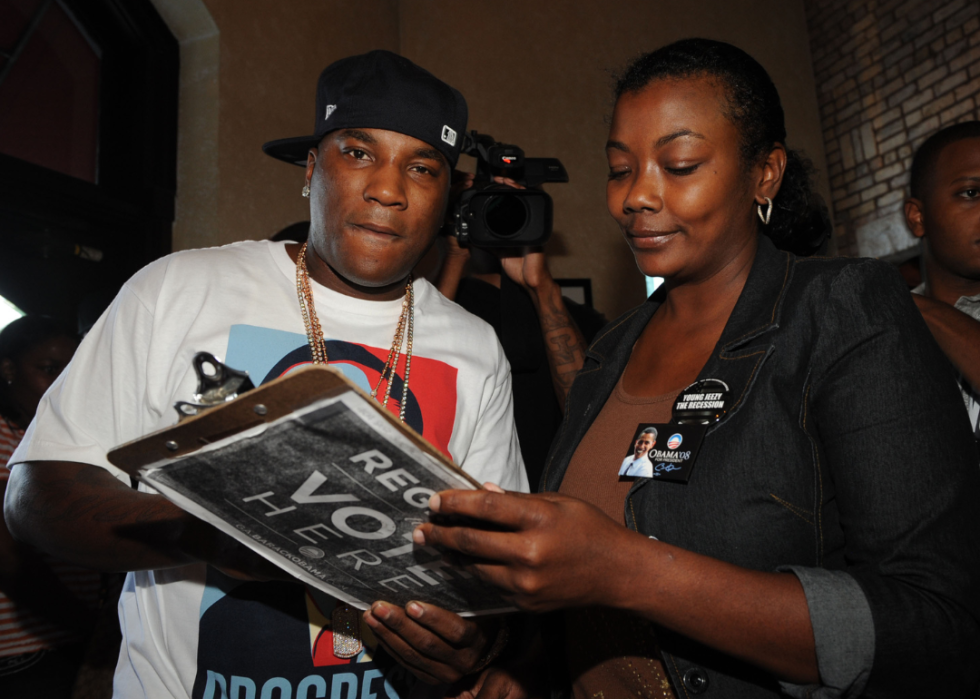
P. Diddy's Justin's restaurant
In the early '00s, P. Diddy's restaurant Justin's was the place to be. Named after his first-born son, the restaurant served Caribbean food that was said to be very good. But its allure went far beyond the menu and had much more to do with the clientele that would frequent it (every celebrity imaginable) and the events held there, including mini-concerts performed by multiple artists (and Diddy himself) that often went late into the night.
The restaurant's lore grew infamous in 2010 when music executive Tony Austin was shot in the eatery's parking lot; he survived the incident but sued Diddy. After 14 years in business, the eatery shut its doors in 2012, marking another loss for Atlanta nightlife enthusiasts.



